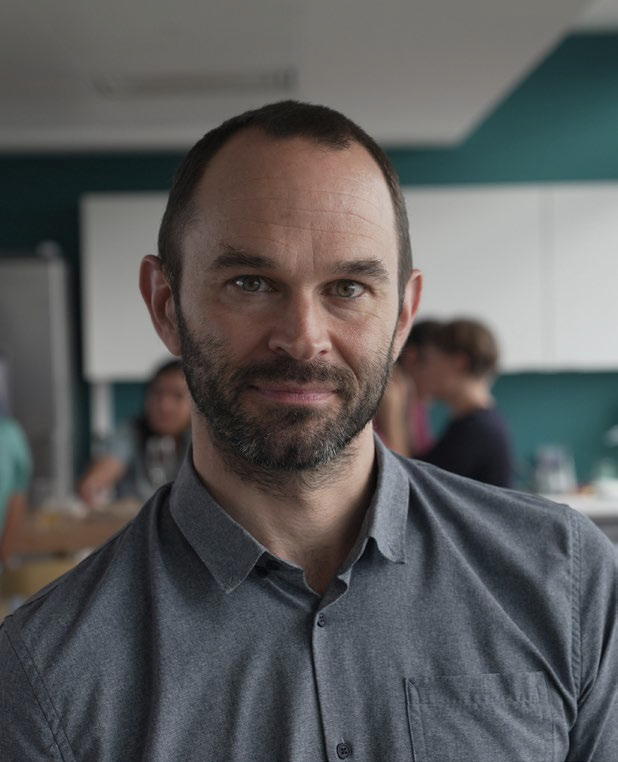Over the past decade, an international effort has been launched to create an "artificial cell": a minimal system that would emerge from the bottom-up assembly of elementary building blocks and capture the essential functions of living systems. Achieving such an ambitious goal would mark a turning point in biology. Although this is a daunting challenge, the convergence of recent advances in several fields suggests that it is within reach. The SENSATION project aims to build the first artificial cell capable of polarisation. It will be based on the reconstitution of a dynamic system of cytoskeletal filaments in constant renewal, capable of detecting a local signal and completely reconfiguring itself in order to orient itself towards it. This fundamental property is shared by all animal cells.
The project proposes to build networks of reactive cytoskeletons in 2D and 3D confined space, which can reversibly adopt polarized or symmetrical states, in rigid or deformable compartments. SENSATION will improve our understanding of polarization in living cells, and take advantage of these advances to reconstitute this process in an artificial cell.

Manuel Théry is a biophysics researcher at CEA-Irig's Cell & Plant Physiology Laboratory (LPCV), where he has been head of the CytoMorphLab team since 2010. A graduate of the École Supérieure de Physique et Chimie Industrielle of the City of Paris (ESPCI Paristech), he completed his thesis on cell architecture at the Institut Curie under the supervision of Michel Bornens. During this work, he developed original surface microfabrication techniques for controlling the shape, polarity and division of adherent cells. He then undertook a postdoctoral fellowship at CEA Grenoble to study mesenchymal stem cell divisions. In 2010, he founded the LPCV CytoMorphoLab team with Laurent Blanchoin. Together, they use purified proteins to reconstitute cytoskeletal filament networks
in vitro. By combining these filament networks with microfabrication techniques, they investigate the fundamental laws governing the construction of intracellular architectures. In 2013, Manuel Théry moved his team to Hôpital Saint Louis to study the polarity and divisions of hematopoietic stem cells. In 2023, he moved to the Institut Pierre Gilles De Gennes with the aim of reconstituting the elementary building blocks needed to construct the architecture of an artificial cell. Manuel Théry's work was supported by ERC funding in 2013 and 2018.